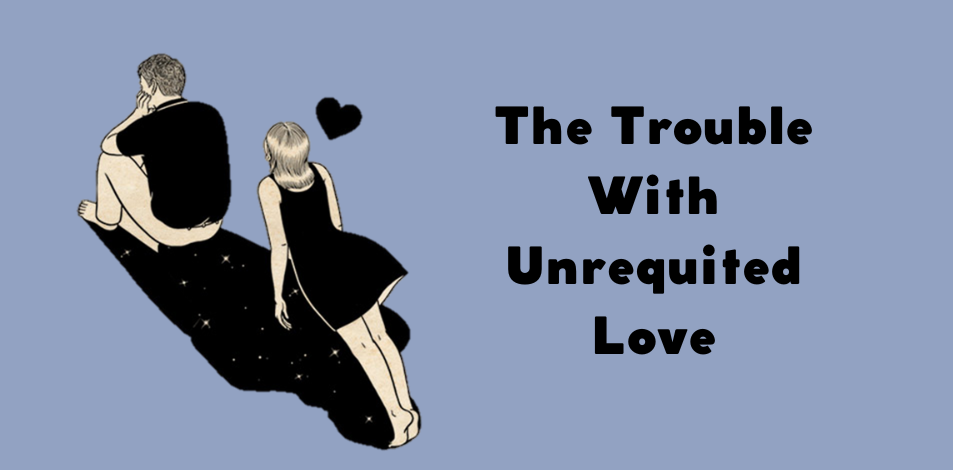
Have you ever fallen in love with someone who didn’t like you back? This experience is a common part of our early development as we explore fantasy, intimacy, relationships, and desire. There’s just one problem: This kind of love — unrequited love — isn’t love.
It can feel powerful, powerful, and even sexy to surrender to unrequited love. The heightened state of expectation it generates is often disguised as love, promising fulfillment, and a sense of completeness to those who hope someone else will help them feel better.
When we feel incomplete, it can be tempting to fall in love with the perfect “other.” We imagine that this successful, wise, charismatic, high-status, powerful, or talented person will help us feel entitled – if only they like us back. Although unrequited love gets a bad rap, it can be exciting and addictive.
Even when it feels emotionally painful to want someone who is out of reach or who doesn’t reciprocate your feelings, it can heighten your sense of self through the painful dramas it creates.
Related: Soul Ties: What Makes Love True, According To Buddhism
How does that happen
When we project our disowned traits onto another person, idealize that person, and weaken because that person does not reciprocate, we get caught up in a one-way, unrequited love drama. We come to view another person as our holy grail, absolving us of the need to embrace ourselves with our positive and negative qualities.
Chasing the illusion of the elusive perfect other makes us live in a childish mentality, linked to the rescue fantasy.
The external drama created by unrequited love can “protect” us from the chaos and disappointment of cultivating true love with a flawed person. Sometimes unrequited love helps us avoid processing traumas that we went through in our past relationships and that we are not ready to face. Loving someone who doesn’t love you back avoids the unpredictability of true love with a partner who reciprocates.
True love is about looking at hard truths in ourselves and others with compassion, developing connections over time, and overcoming challenges as a team. It involves risk, vulnerability, and courage.
It’s normal, as long as it doesn’t turn into a pattern
Unrequited love is not bad. Most people experience it in their teens and twenties when they open up to relationships, eroticism, and romance.
Related: 7 Signs You’ve Difficulty Accepting Love After Trauma
But when unrequited love becomes a pattern in your life—or when you remain mired in a constant state of longing for someone in a way that affects your quality of life—it may be time to look more closely at the cost of falling in love with someone who doesn’t love you.




